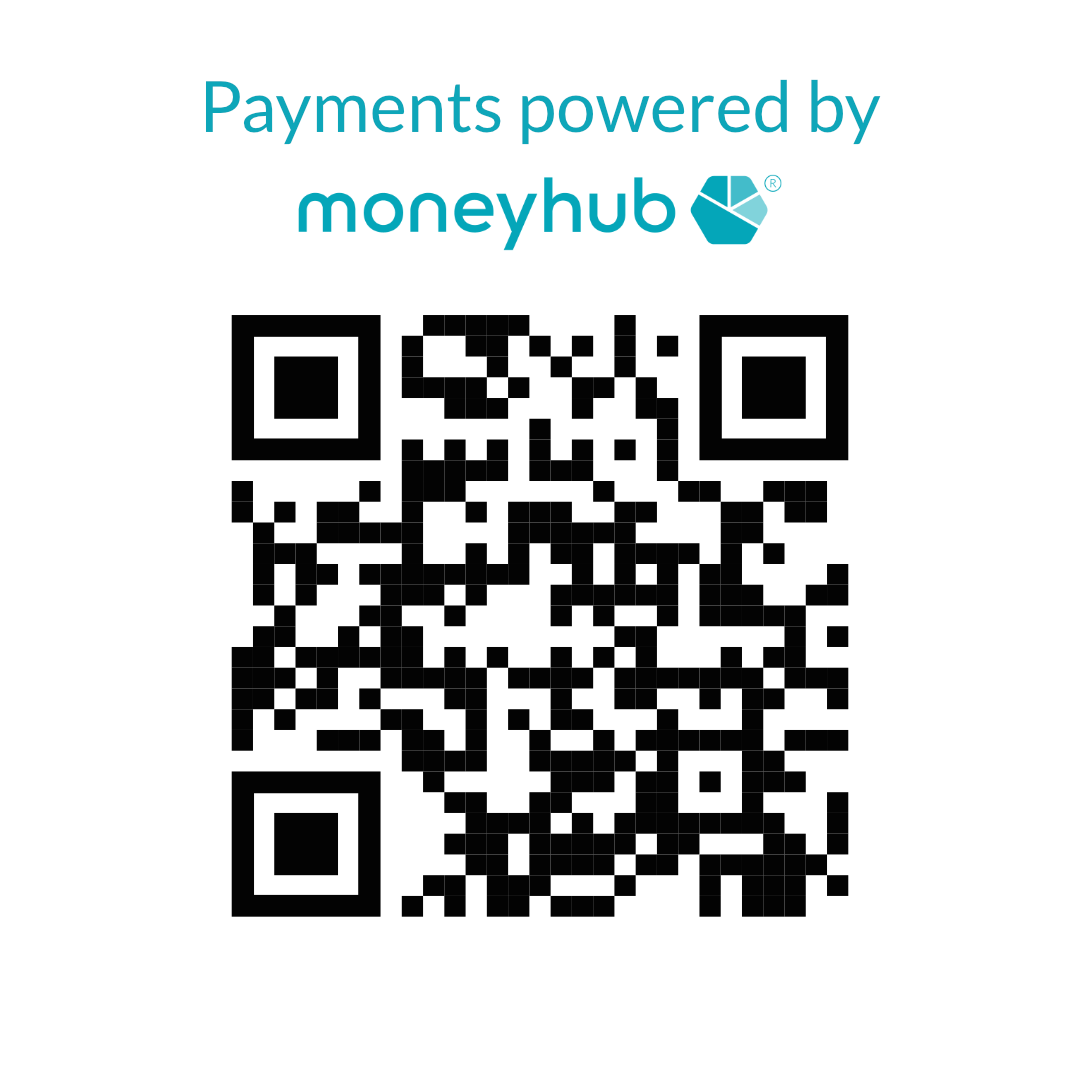The issues of pension engagement and the impact of investment are coming to a head with campaigns like MakeMyMoneyMatter, the need to build back better after Covid-19 and regulatory change. It is no coincidence.
More than 10 million people are contributing to workplace pensions following auto-enrolment, but engagement and contribution levels remain low. Traditional ways to engage people in later-life planning have not worked. And this matters, as the vast majority of people are at risk of lower living standards in retirement.
Bridging the engagement gap
One way to bridge the engagement gap is to talk about the things people say they care about. A range of studies, including the FCA, show people - especially younger people - are more likely to engage, save more and take some investment risk when their pensions are responsibly invested.
Percentage of members willing to engage, contribute or take more risk if pension savings are responsibly invested - Data source: FCA
All investment has impact, and regulators, scheme managers, providers and members are increasingly incorporating environmental, social and governance factors as part of prudent risk management. Now, schemes’ statement of investment principles have to state how they account for financially material considerations, including Environmental, Social and Governance (ESG) considerations like climate change.
The overwhelming majority - more than 90% of master trust pension scheme members - are invested in their providers’ default fund. Default funds provide many important protections for pension members. So why not tell scheme members about the real world impact their pension contributions are having while invested for their future within the default fund? This Quietroom video shares pension savers’ positive reaction to seeing their pension is invested in housing, hospitals and renewable energy - and horror at the thought it could be funding tobacco or coal.
A recent DCIF report showed 80% of DC savers want their pension investments to do some good as well as provide them with a financial return. Younger cohorts and women are particularly interested in the impact of their money and ESG issues (Ref. 1) so there is an opportunity to have an outsized effect engaging with these groups that have often been underrepresented and underserved.
“A recent DCIF report showed 80% of DC savers want their pension investments to do some good as well as provide them with a financial return.”
Using technology to make it personal
Open Banking and Open Finance are secure data-sharing frameworks that enable data from utilities companies, ESG ratings and investment fund holdings to be combined with financial data sets to support a range of propositions to resonate with people.
While millions of people are in the same default fund, a provider could share personalised communications based around members' preferences. For example, two members invested in the same default fund could receive different digital annual statements: highlighting the amount of renewable energy generated, or tonnes of waste diverted from landfill for a member with environmental concerns, while another member in the same default hears about improvements in diverse board representation or gender pay gaps. Across millions of members, or retail investors, those same preferences could inform future proposition development around thematic default funds or retail investment funds based around the UN Sustainable Development Goals. Examples are emerging through The Big Exchange (co-founded by The Big Issue) and tickr.
An aggregated view of someone’s personal finances is an essential part of sound financial planning. Including ESG ratings and fund holdings into this view helps informed decision-making and sound investment diversification. For example, a holistic view of pension, ISA and general investment accounts could reveal a concentration in particular sectors or firms. Sugi is the UK's first app to check the carbon impact of investments and compare investments across a range of funds and platforms to help consumers’ build a greener portfolio.
Read more about Sugi here
With the data capabilities in place, Open Finance enables firms to cost-effectively deliver a level of personalisation and insight to consumers previously the preserve of conversations between high-net worth individuals and their wealth managers.
Footprinting everyday spending
Companies such as Co-Go are already integrating carbon and transaction data to create a carbon footprint tracker for everyday spending. Elsewhere, integrating utilities bill data could show the real payback for a green retrofit of your home, for example.
Cost-effective technology brings transparency
For asset managers, these alternative data sets can not only inform future proposition development around thematic default funds or retail investment funds, they can also be used in equity and fixed income research. More than $30 trillion - which is more than a third of the world’s professionally-managed assets - are in ESG and impact investments. Yet, as noted in a recent Columbia Threadneedle report, ESG data has been hampered by a lack of verification as researchers have relied on voluntary disclosure in annual financial and CSR reporting. Open Banking and Open Finance could provide “alternative datasets” to help “minimise reliance on voluntary disclosure”.
Open Finance provides transparency for customers — be they individuals or companies — and employees to align their purchasing, saving and investment choices with their values. Technology, member appetite and regulatory support together mean best in class providers are tantalisingly close to bridging the pensions engagement gap.
Author
Hannah Gilbert
Hannah is a Client Director with senior industry experience in financial services, telecoms, public and not-for-profit organisations. Hannah has co-authored policy papers including “Pensions for the Next Generation: Communicating What Matters” and has consultancy experience in sustainability, responsible investment and social enterprise. With two Masters (Economics and Sustainable Tourism), Hannah is on the EMBA programme at Cass Business School and Women in FinTech Powerlist 2019.
























